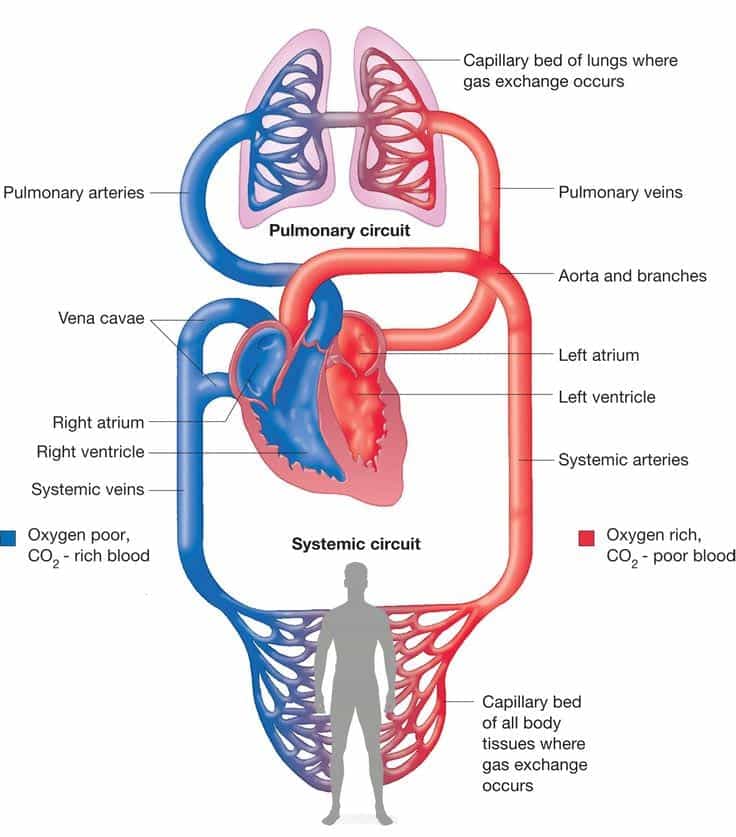
Heart disease is one of the most common and deadly issues that we deal with as we age. More tests are coming out that help us foresee problems and have a more preventative approach to this problem. “A new type of blood test may help physicians identify which patients with and without evidence of coronary blockages are at risk for heart attacks and strokes. Even individuals with normal levels of low-density lipoprotein (LDL), known as the so-called “bad” cholesterol, but still at risk, seem to be identified, according to Mayo Clinic research being presented at the American College of Cardiology’s 66th Annual Scientific Session.
The test, released commercially by Mayo Medical Laboratories in August 2016, measures blood concentrations of plasma ceramides, a class of lipids that are highly linked to cardiovascular disease processes. The study found that individuals with the highest levels of blood ceramides were found to have a 3- to 4-times greater risk of having a cardiovascular event compared with those with the lowest ceramide score, regardless of their LDL cholesterol level or the presence of a blockage in the heart’s arteries.
“Our research suggests that evaluating ceramide levels in patients who are not at immediate risk for coronary artery disease events may help cardiologists decide who could benefit from proactive and preventive treatment, such as statins, or lifestyle changes to prevent a serious cardiac event down the road,” says Jeff Meeusen, Ph.D., a clinical chemist, co-director of Cardiovascular Laboratory Medicine at Mayo Clinic and the study’s lead author.”
Full article here
